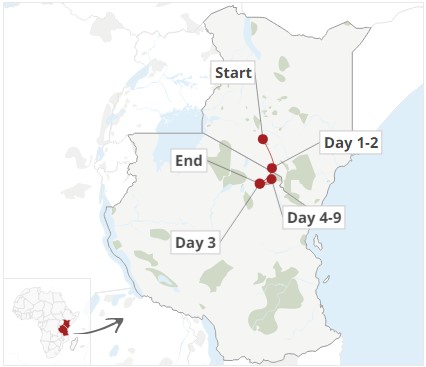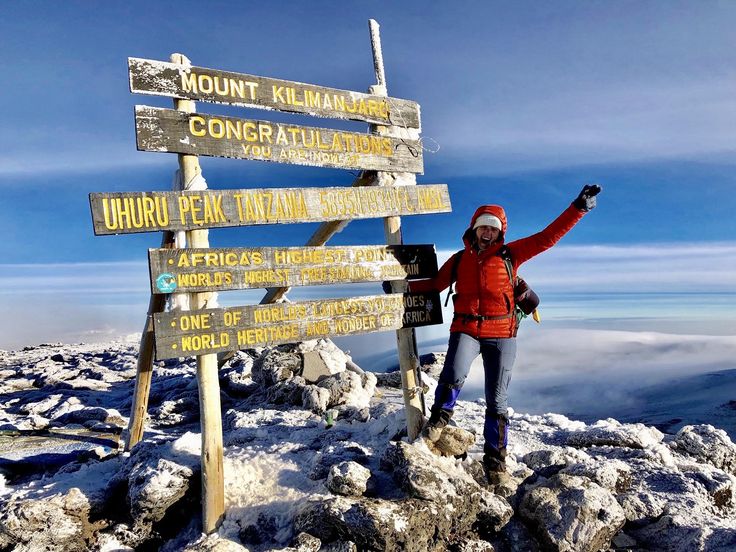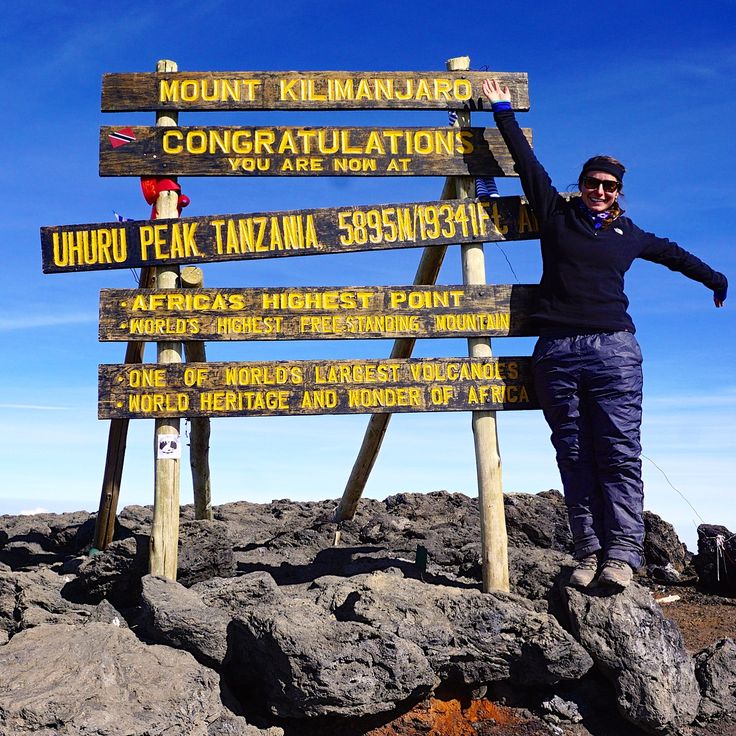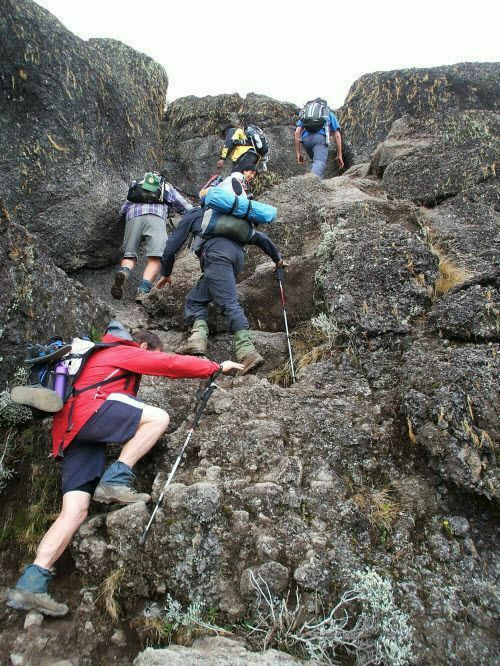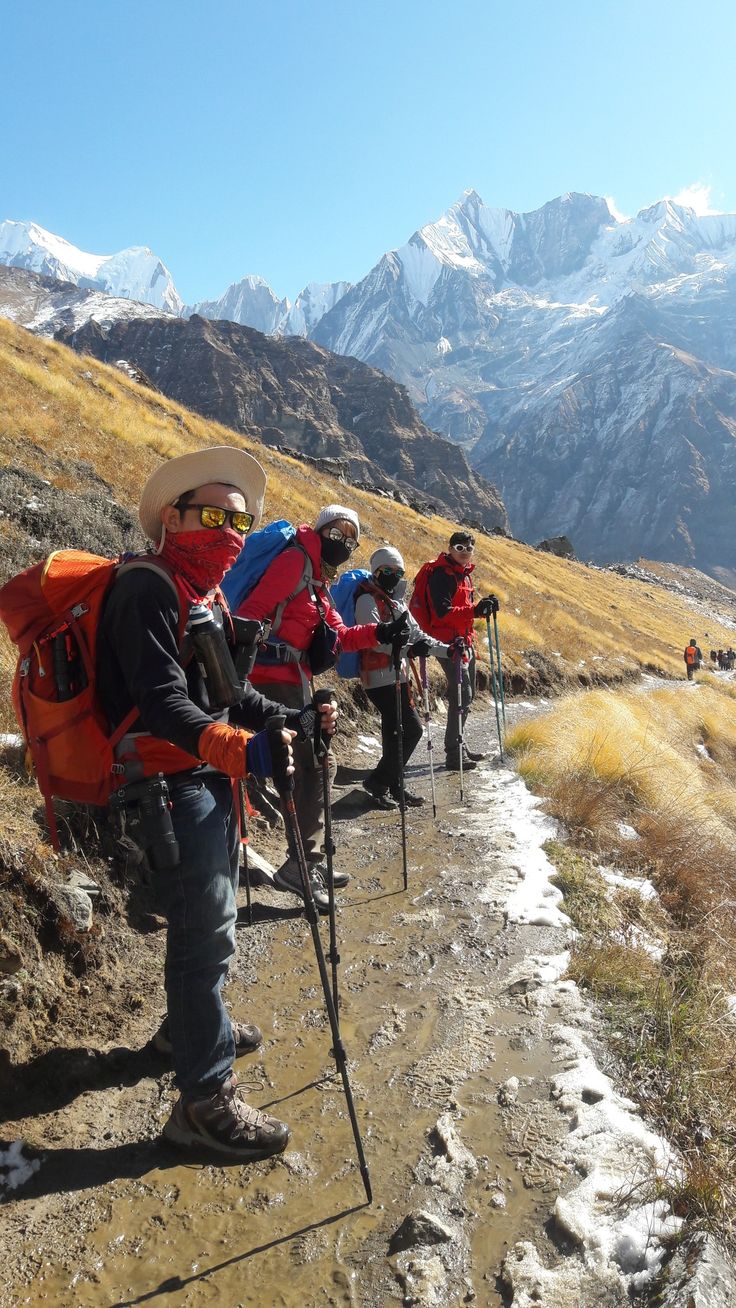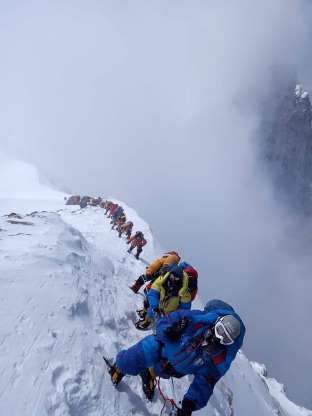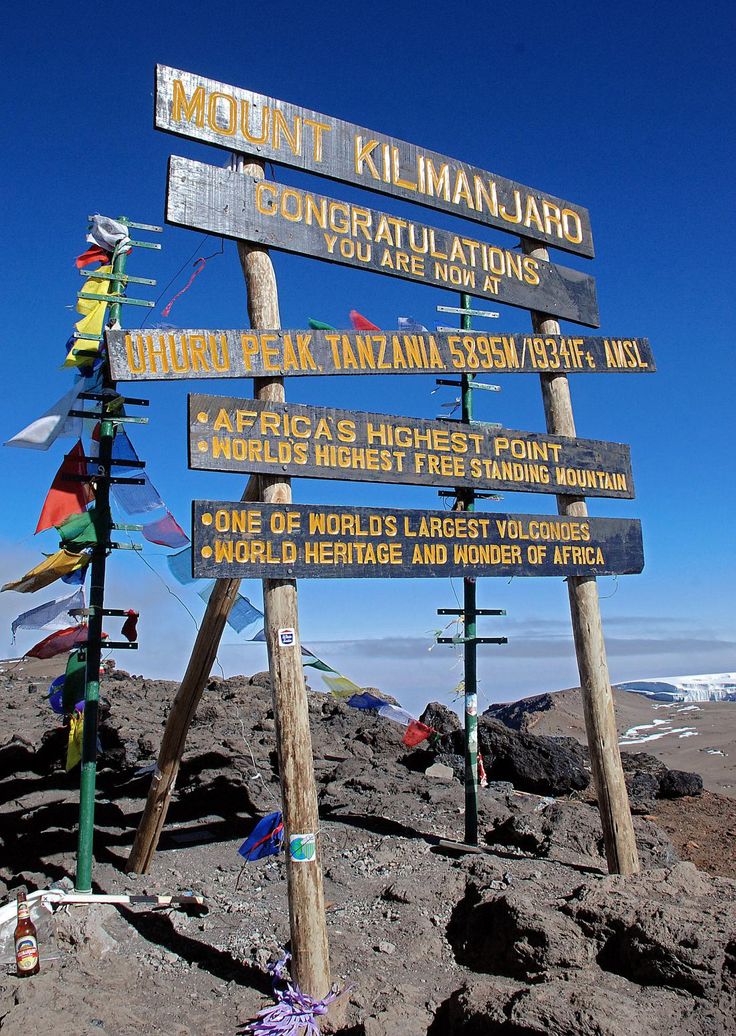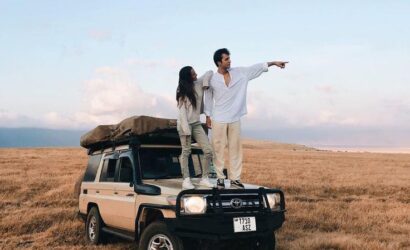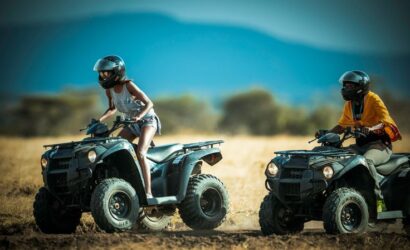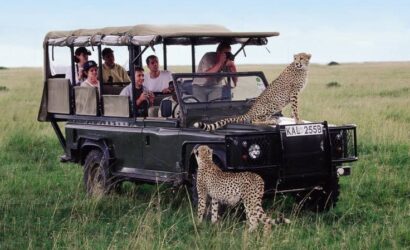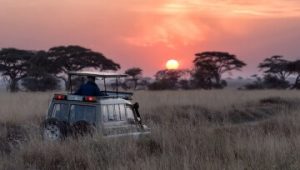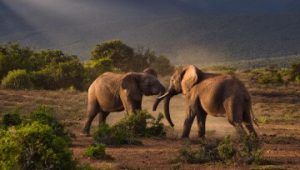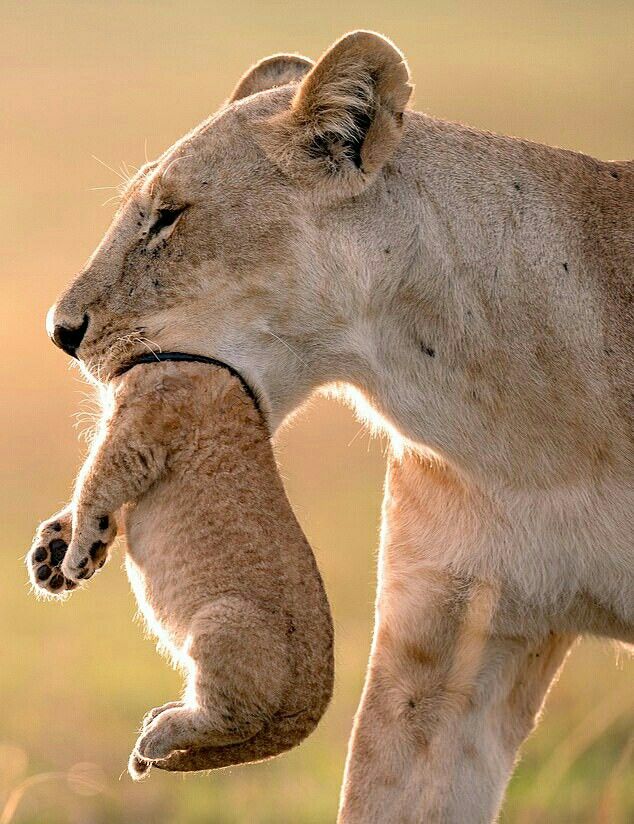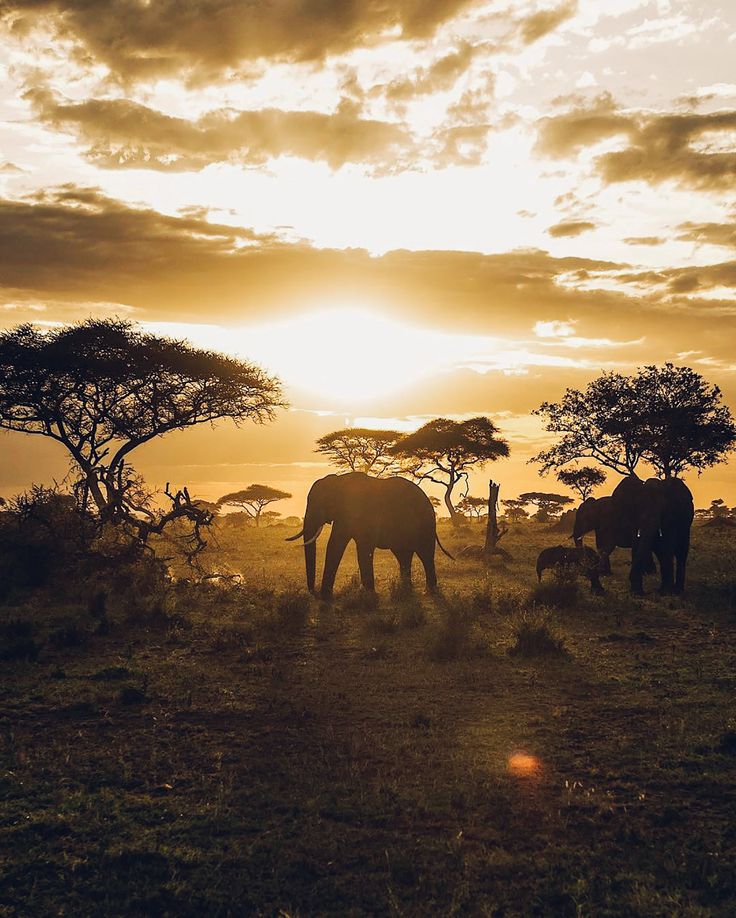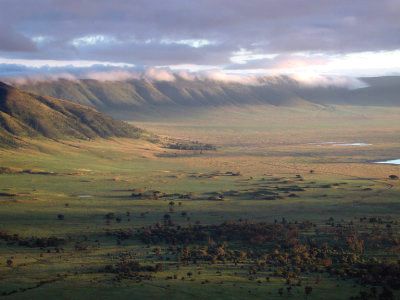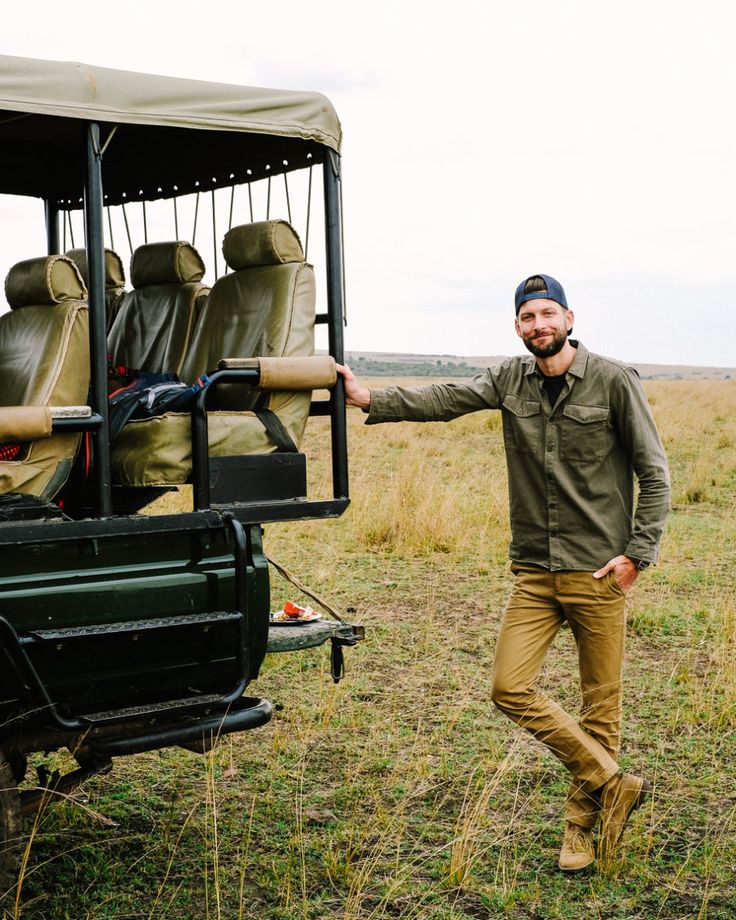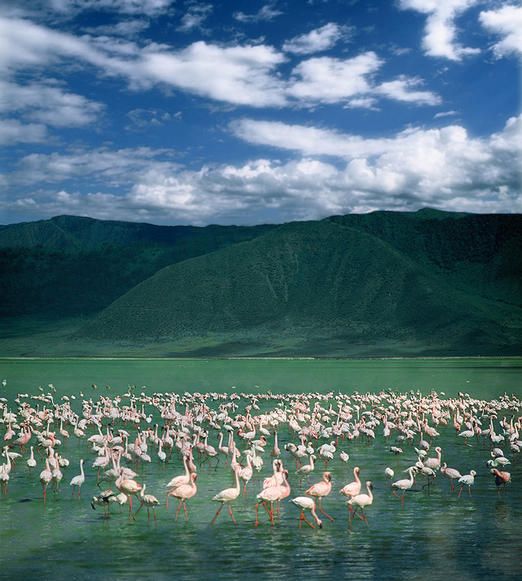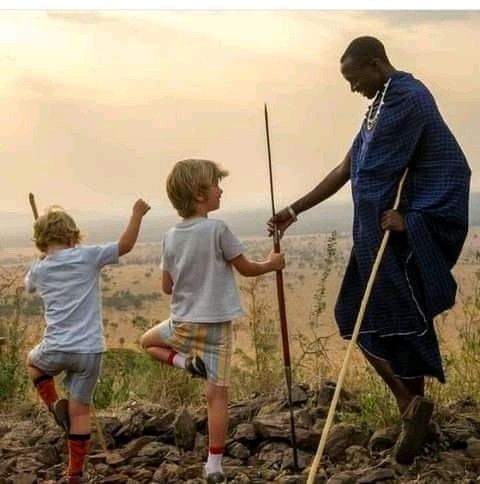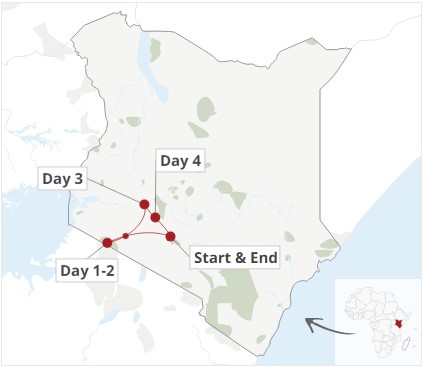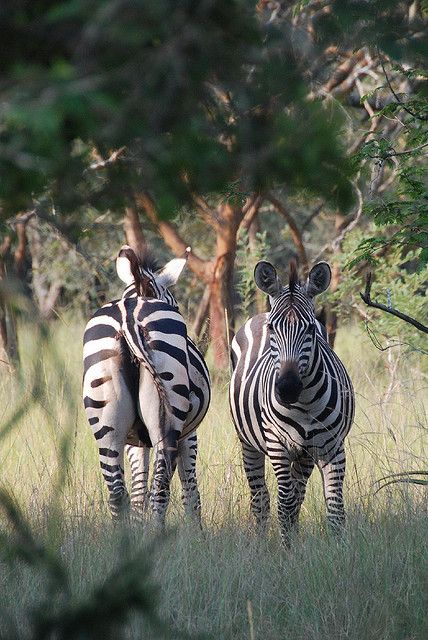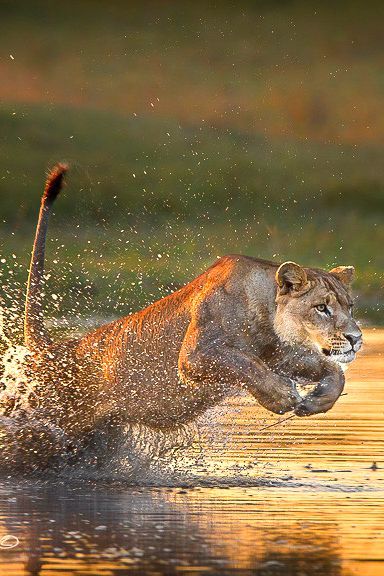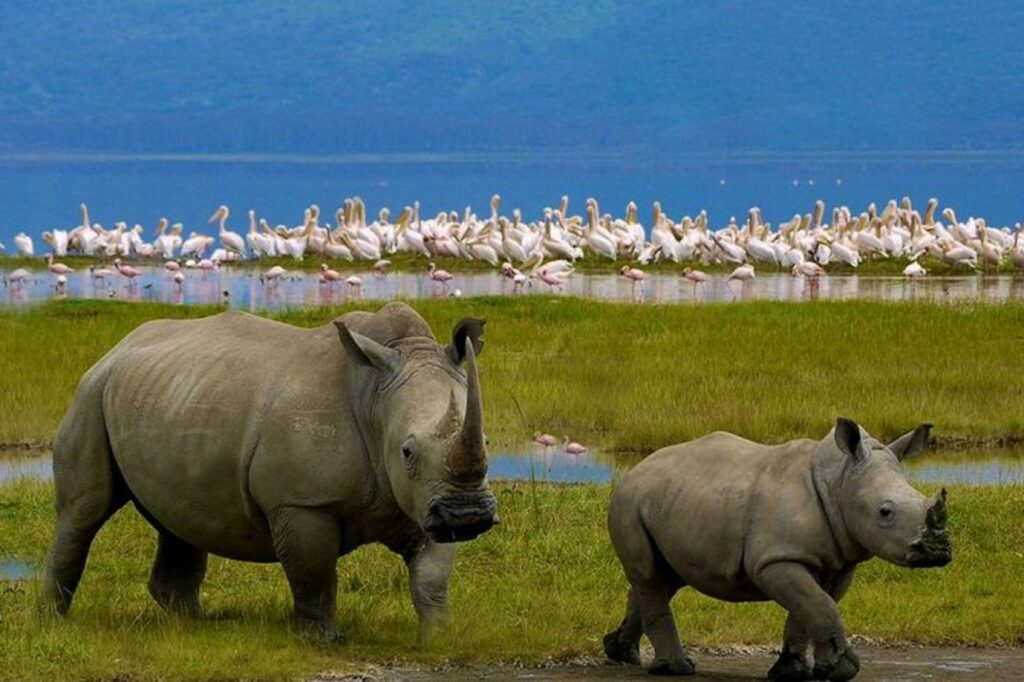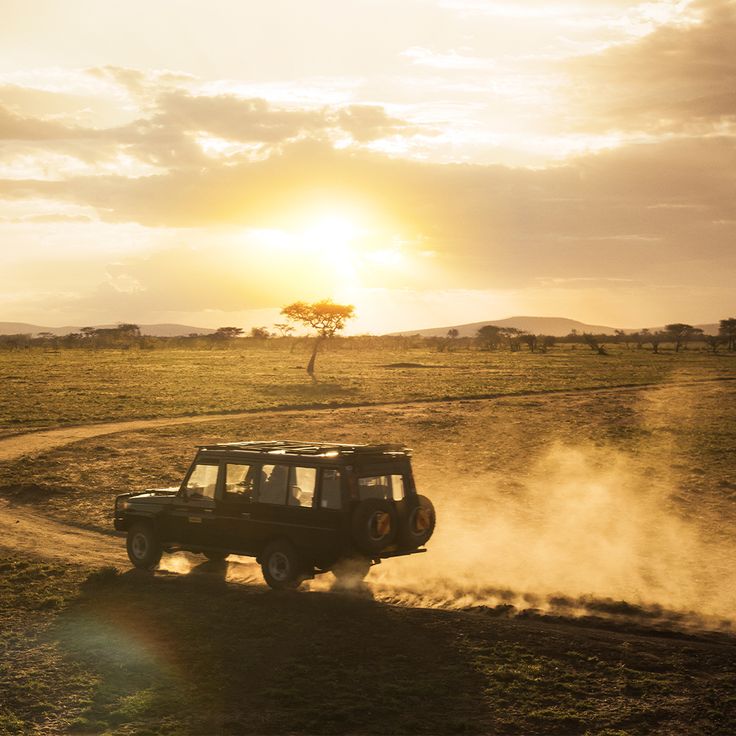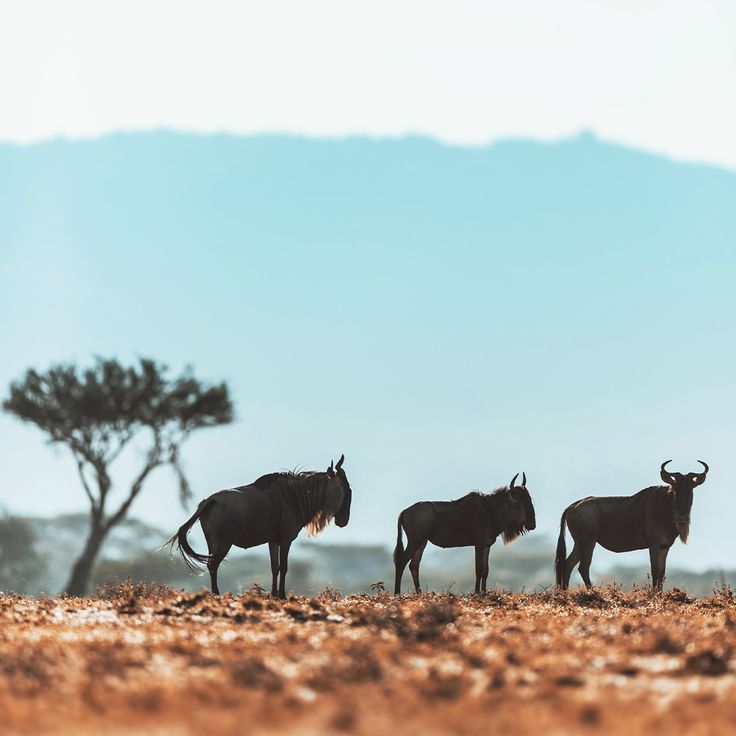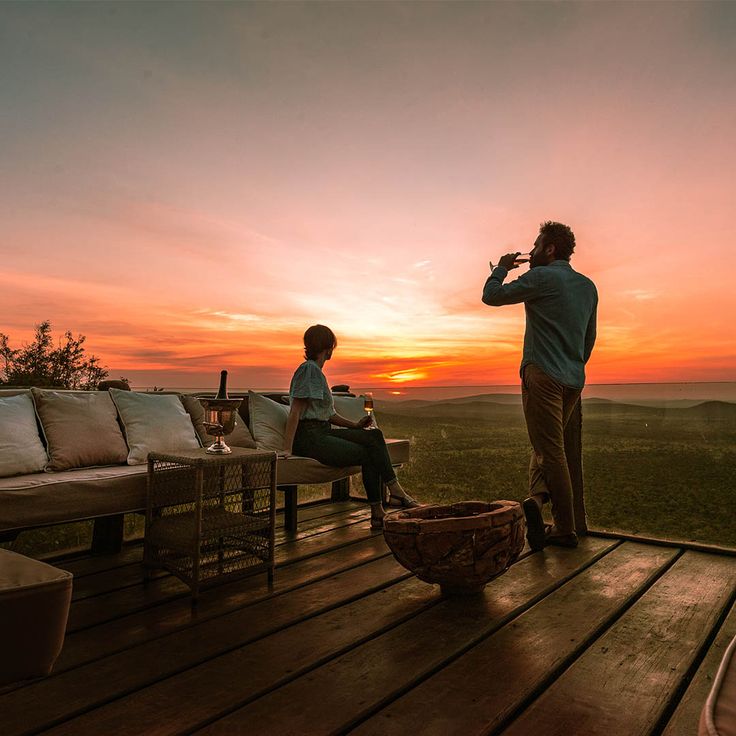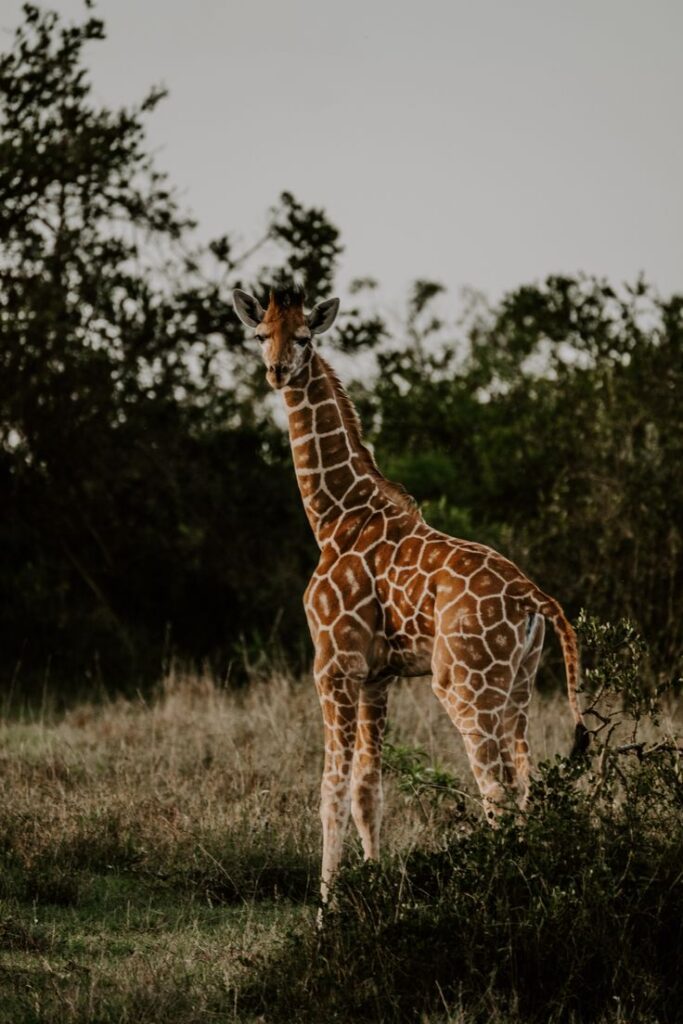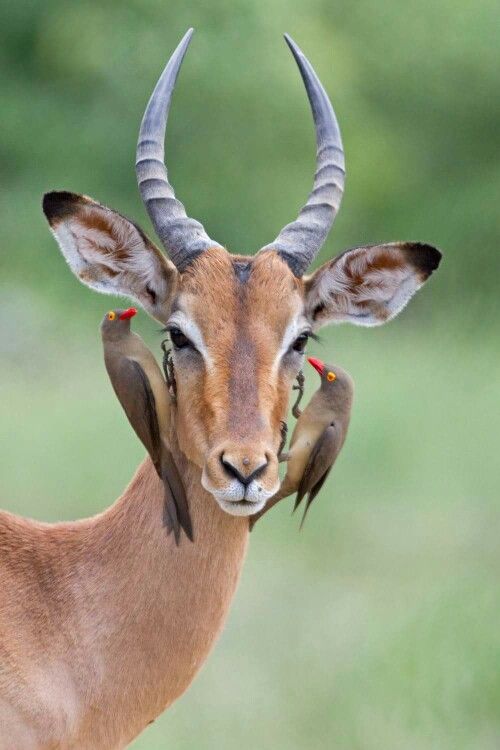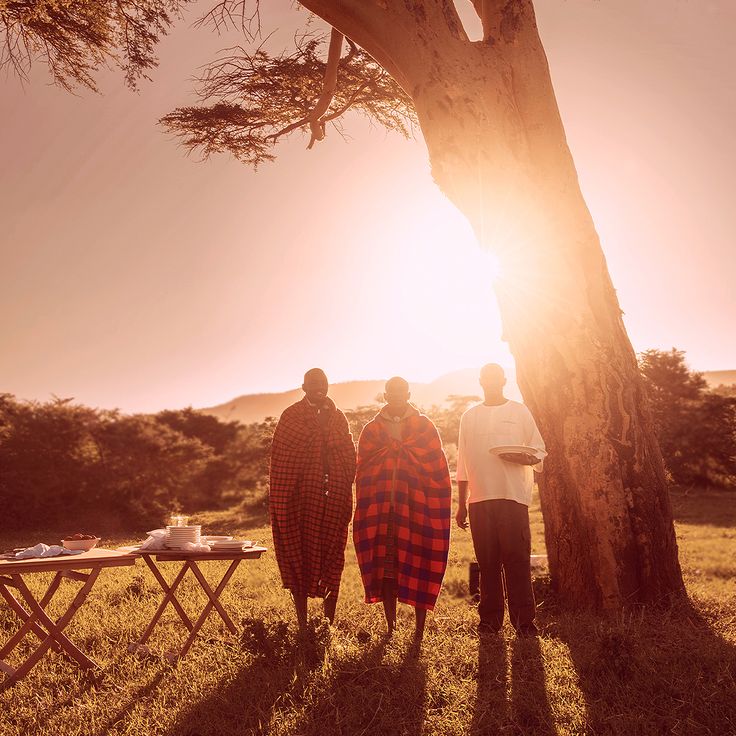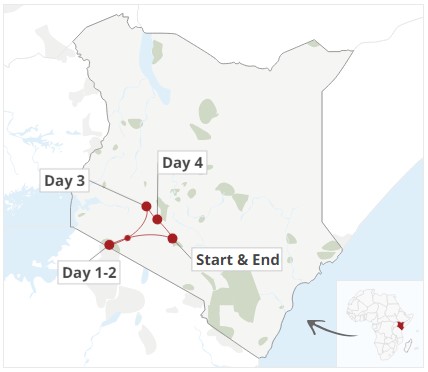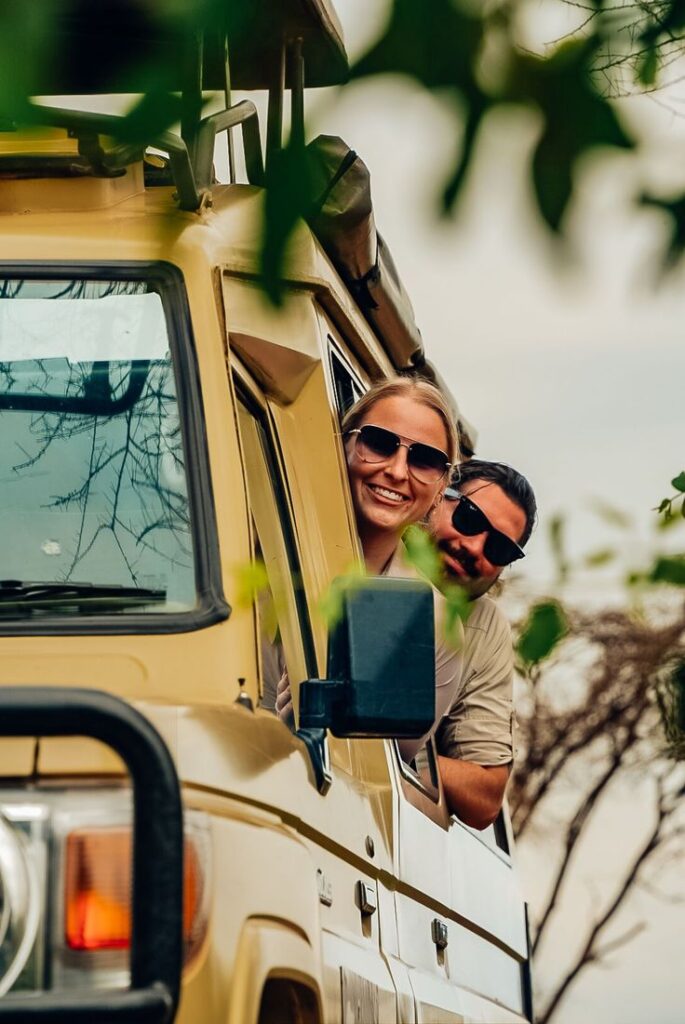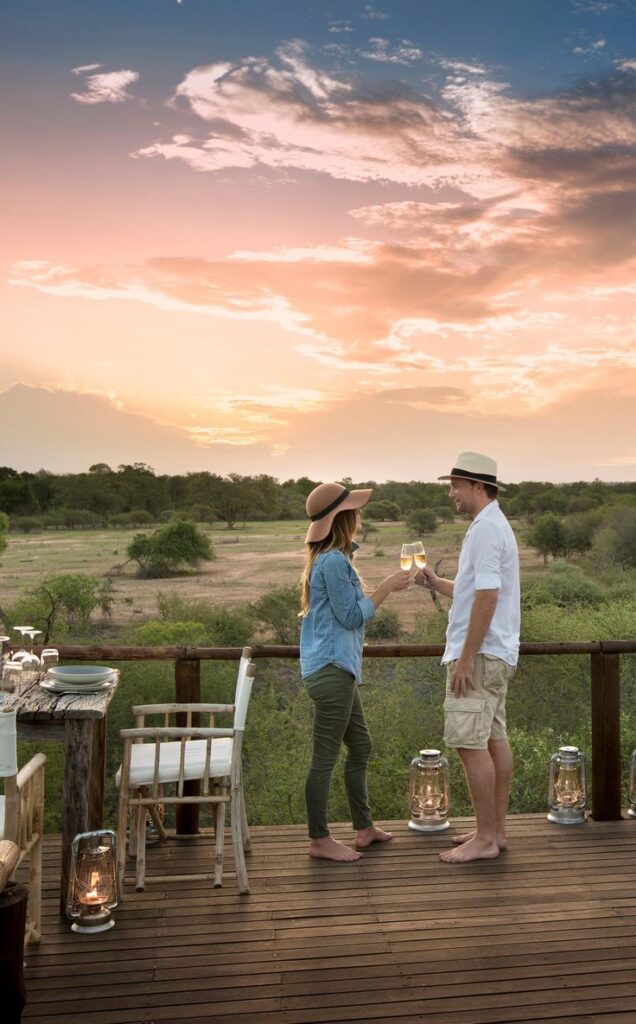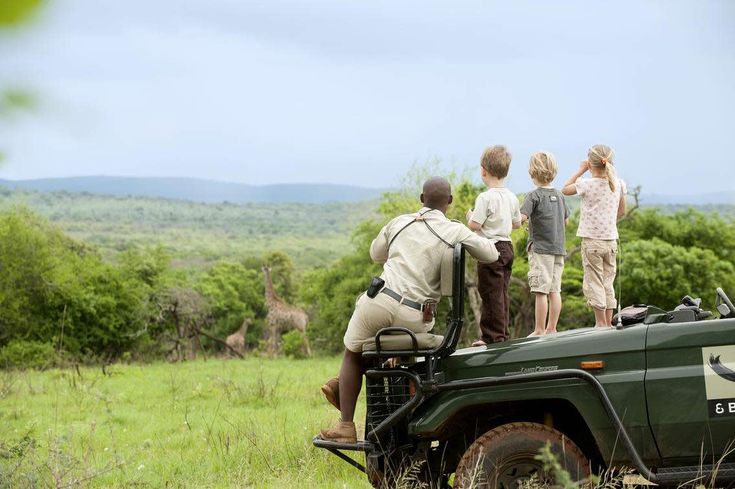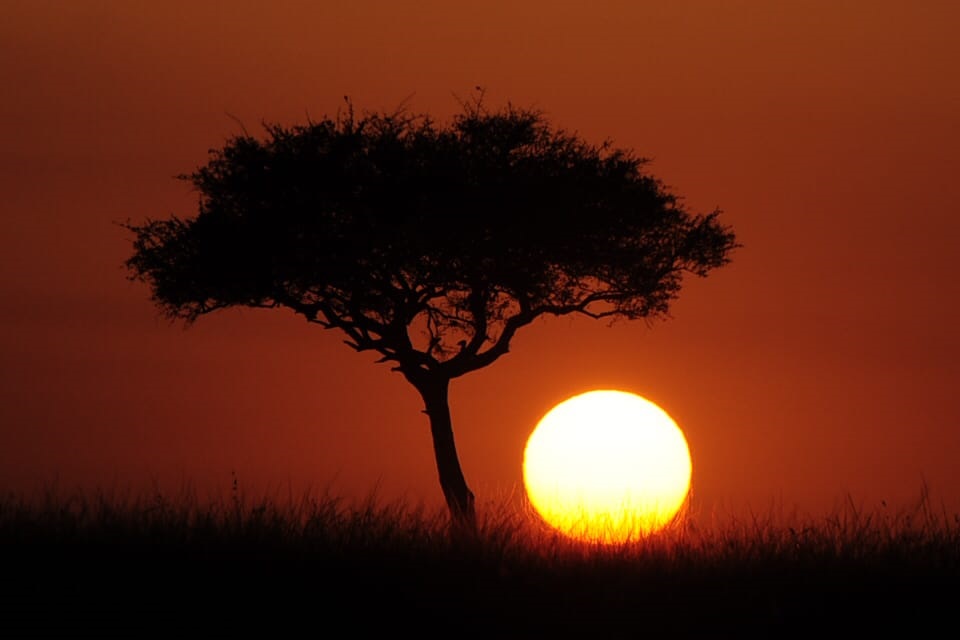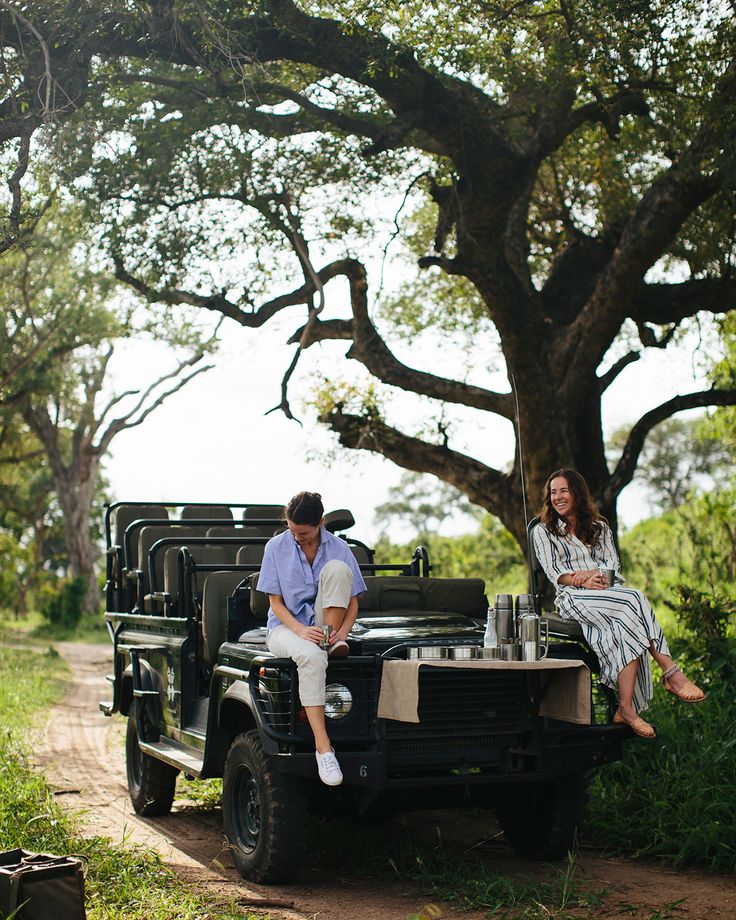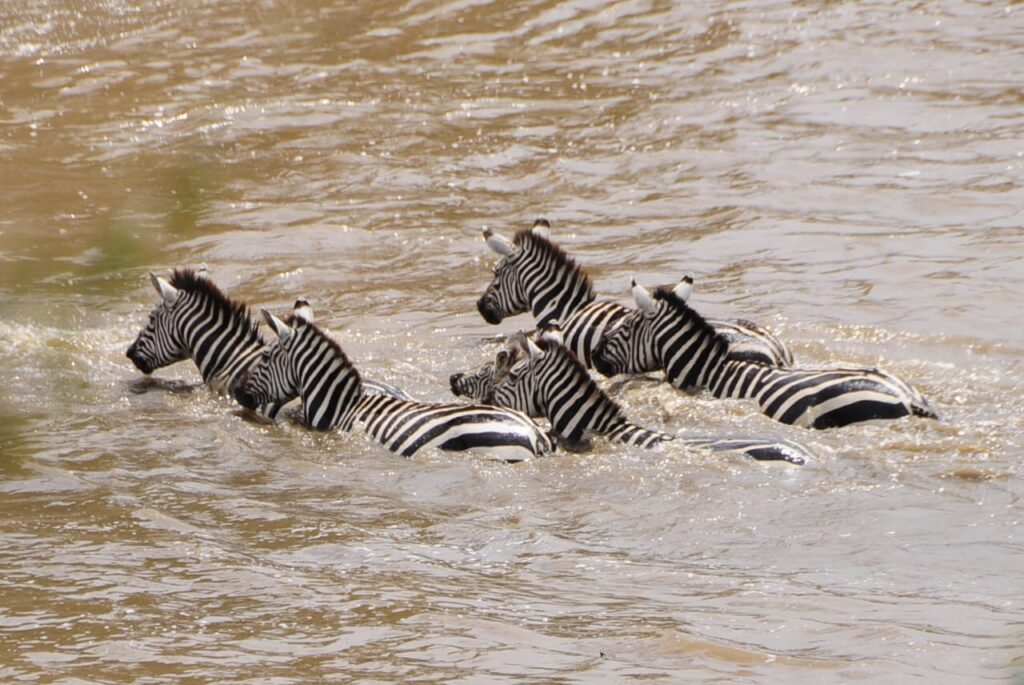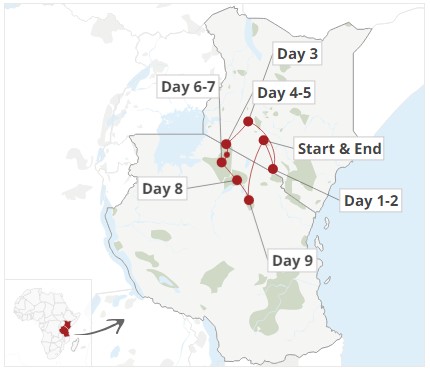Trip Info
-
5 Star Hotel
-
Nairobi
-
All Year Round
-
Arusha
-
Guided
-
Available
-
All Meals
-
4X4 Tour Van
Tour Overview
Kenya is a country that beckons with rich culture, breathtaking landscapes, and some of the most exciting wildlife encounters in the world. From the snow-capped peak of mighty Mt Kilimanjaro to the famous Masai mara, This Package comprises unique destinations like Lake Naivasha, Samburu Reserve famous for its abundance of rare species such as the Grevy zebras, Somali ostrich, reticulated giraffes, gerenuks, and Beisa oryx. Lake Nakuru is known for animals like giraffes and black and white Rhinos.
Trip Highlights
- Nairobi
- Amboseli
- Arusha
- Machame Gate (Mt Kilimanjaro)
- Mt Kilimanjaro
- Arusha
Your Itinerary
Cost Includes & Excludes
Cost Includes
- Porterage
- Rescue fee
- Climbing gear
- Park fees (For non-residents)
- All activities (Unless labeled as optional)
- All accommodation (Unless listed as upgrade)
- A professional driver/guide
- All transportation (Unless labeled as optional)
- All Taxes/VAT
- Roundtrip airport transfer
- Meals (As specified in the day-by-day section)
- Drinks (As specified in the day-by-day section)
Cost Excludes
- International flights (From/to home)
- Additional accommodation before and at the end of the tour
- Tips (Tipping guideline US$10.00 pp per day)
- Personal items (Souvenirs, travel insurance, visa fees, etc.)
- Government imposed increase of taxes and/or park fees
FAQs
The best times are during the dry seasons—January to March and June to October. These months offer clearer skies and more stable trekking conditions.
Yes, daily game drives are integral to the safari experience. Professional guides lead you through Amboseli’s vast landscapes, Tsavo West’s unique terrains, and the renowned Masai Mara, maximizing wildlife encounters.
Yes, travel insurance is highly recommended to cover unexpected circumstances. Ensure that your insurance includes medical coverage and trip cancellation protection.
Proper gear is essential. This includes waterproof clothing, sturdy hiking boots, a sleeping bag, and trekking poles. Ensure you’re well-prepared for various weather conditions. Packing essentials include comfortable clothing, a hat, sunscreen, binoculars, and a camera. We provide a detailed packing list upon confirmation of your booking.
Visa applications are typically handled prior to your arrival. We recommend checking with the Tanzanian embassy or consulate in your home country for the most accurate and up-to-date visa requirements.
Kilimanjaro is a challenging trek, but no technical climbing skills are required. Good physical fitness, mental preparation, and acclimatization are crucial.
The trek duration varies by route. Most routes take around 6 to 8 days, allowing for gradual acclimatization and increased chances of reaching the summit.
Yes, altitude sickness is a risk. Choosing a route with a gradual ascent, staying hydrated, and acclimatization days are vital to minimize this risk.
The success rate varies but is generally around 60-70%. Proper preparation, including physical fitness and acclimatization, improves your chances.
While there’s no strict age limit, climbers should be in good health. Many operators recommend a minimum age of 10–12 for safety reasons.
Accommodations range from basic mountain huts to more luxurious tented camps, depending on the chosen route. Some routes offer a more comfortable experience.
The Tanzanian authorities require all climbers to have a certified guide. A guide and a support team enhance safety and increase your chances of a successful summit.
Your trekking operator usually handles permits. Ensure they have proper licensing and permits to operate on the mountain. The permits are part of the overall trek cost.
We prioritize your safety. Our team adheres to local health guidelines, and the accommodations and vehicles are regularly sanitized to ensure a safe and enjoyable safari experience.
Please consult your healthcare provider for the latest travel health advice. Common vaccinations include yellow fever, hepatitis A and B, and typhoid.
Your Route
